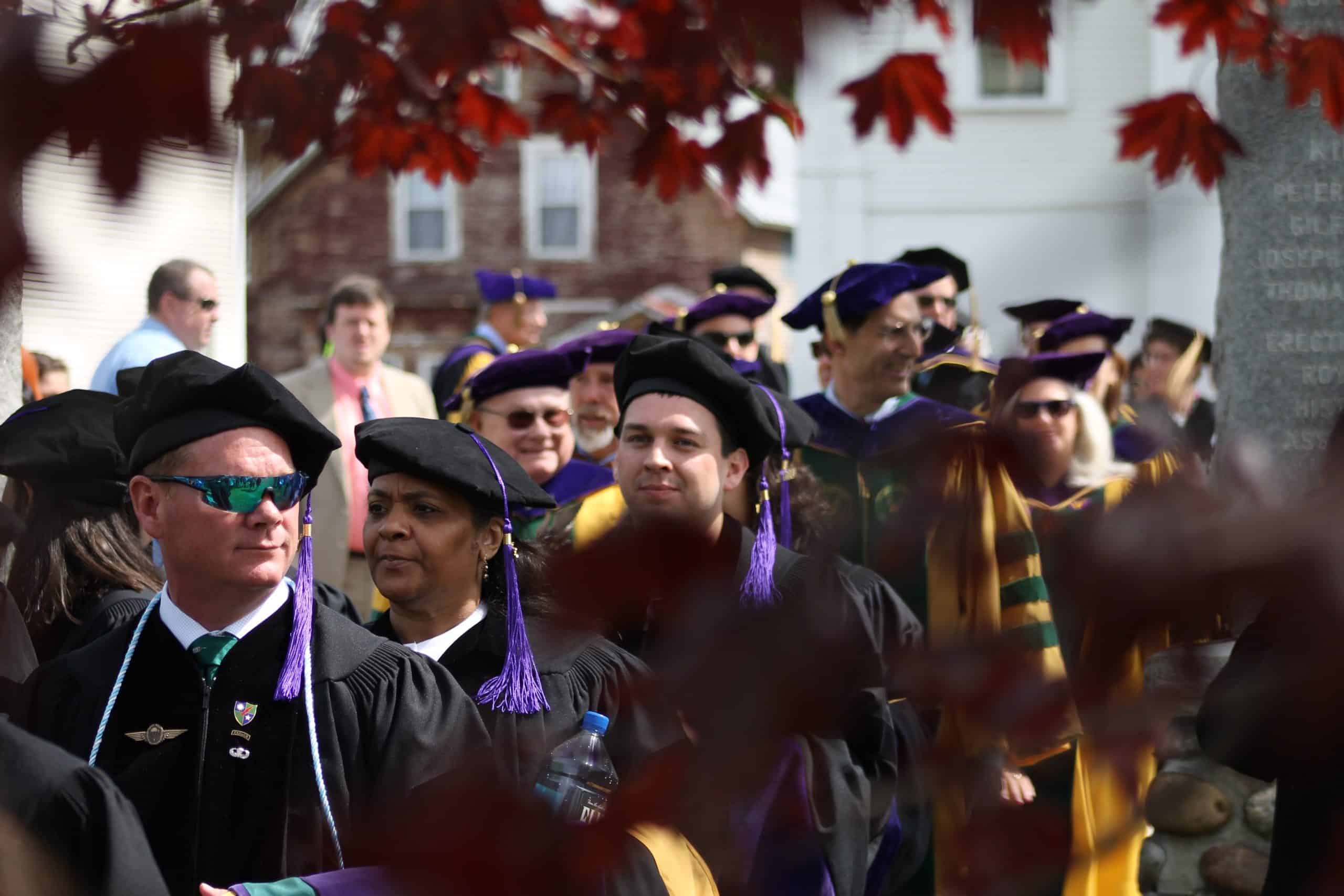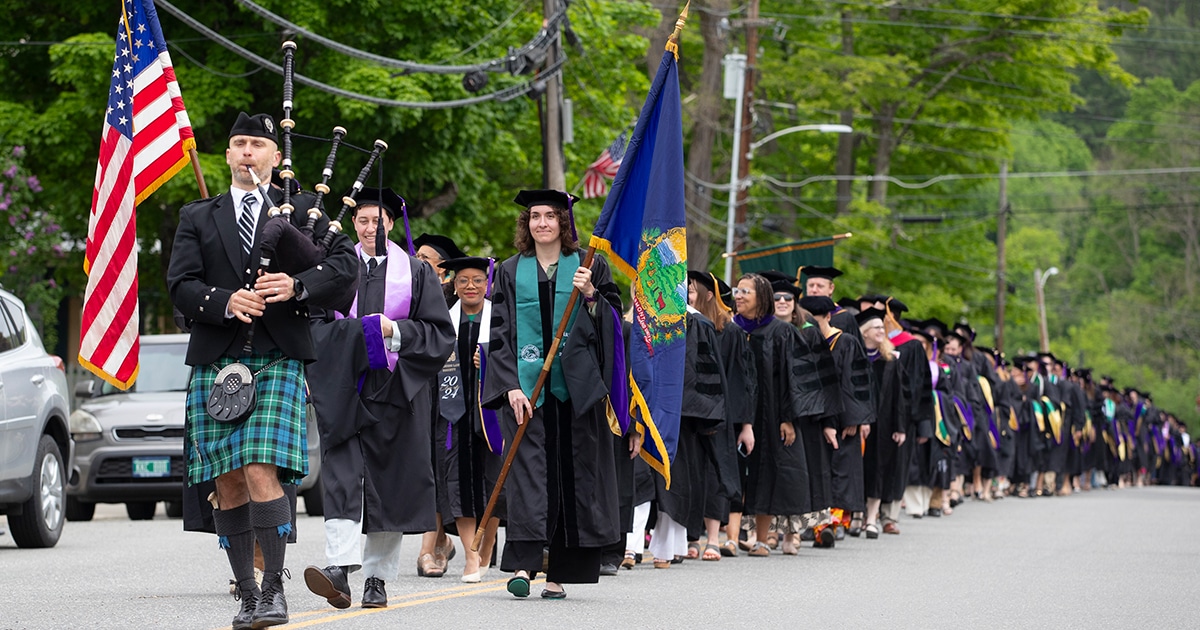
VITA Program: Free Tax Preparation
Vermont Law and Graduate School is once again hosting a Volunteer Income Tax Assistance (VITA) site. Volunteers will prepare and electronically file federal and state tax returns, free of charge, for qualifying low-to-moderate income and elderly taxpayers whose family income in 2025 was $69,000 or less. Filings will be done by appointment only and can be scheduled […]






